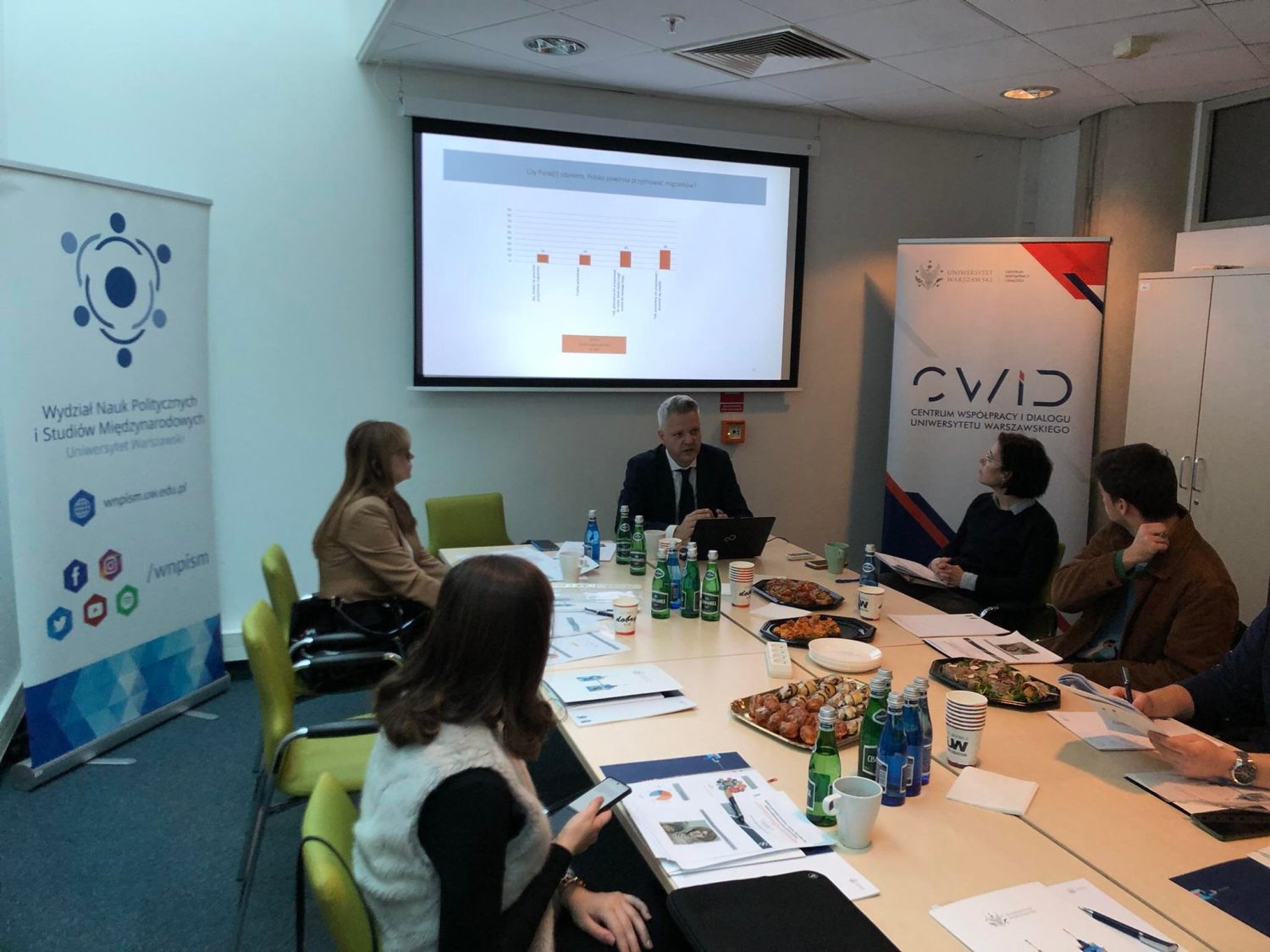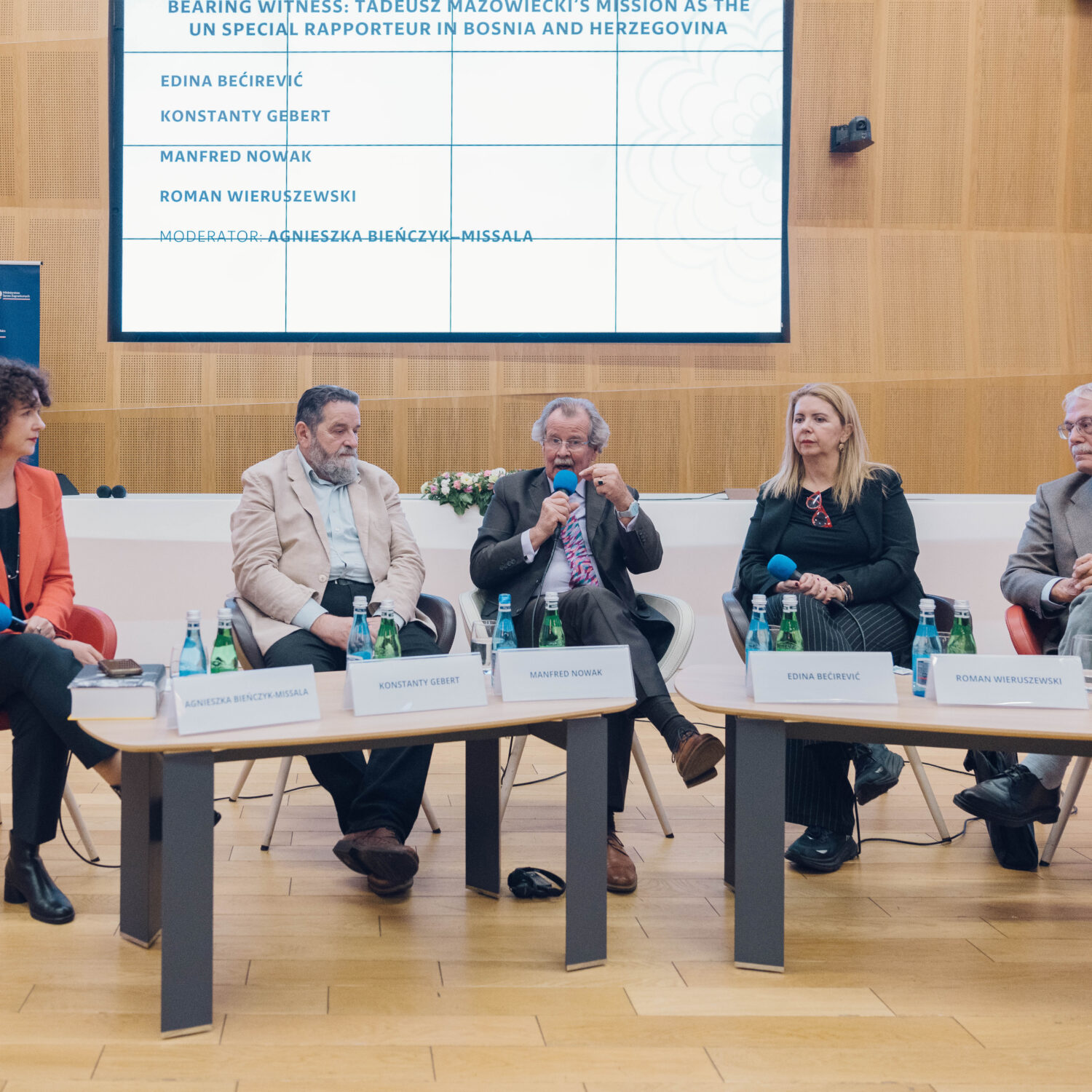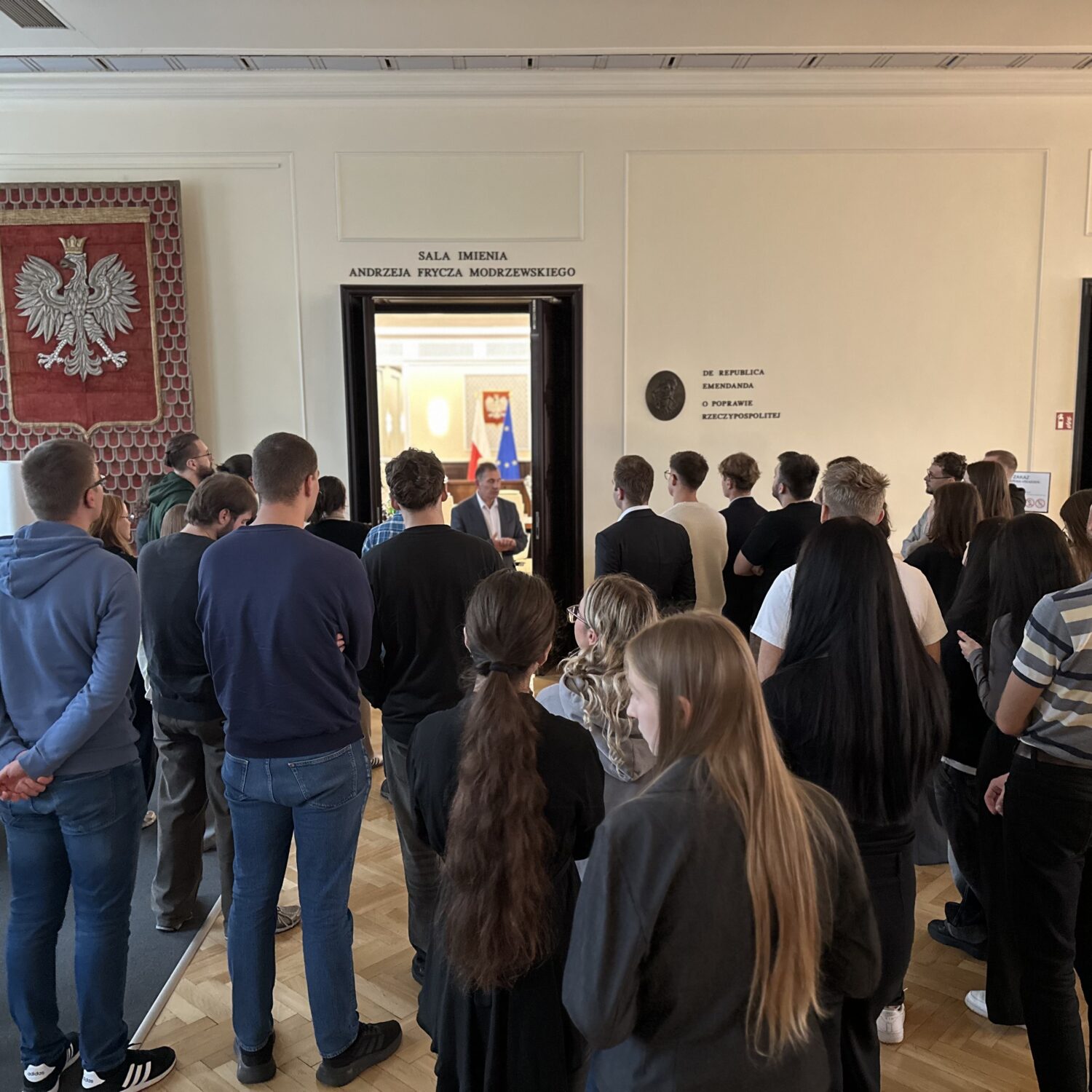Further results of research on the social perception of refugees from Ukraine

Seminar “How does Puerto Rican music shape the identity of the island?”
January 4, 2023
USOSweb migration
February 15, 2023
On January 23, 2023, another public opinion pollswas completed regarding the social perception of refugees from Ukraine and migrants from “Belarus”, as well as the actions taken by the Polish state in this regard. The project is carried out under the supervision of Dr. Robert Staniszewski from our Faculty.
MAIN CONCLUSIONS FROM PUBLIC OPINION SURVEYS:
- The social perception of refugees from Ukraine and migrants in Polish society is different both in the descriptive dimension – characterizing the features constituting these groups, as well as in the affective and behavioral dimension. This was determined on the basis of a number of variables verified during the research, including holistic Social Perception of Migrants Index (SPMI).
- In January 2023, four-fifths of the surveyed people aged 16-65 (80%) had a positive SPMI value for refugees from Ukraine. Negative perception is characteristic of 8% of respondents.
- Since April 2022, the SPMI values in individual dimensions (positive, negative, neutral) have not changed significantly in relation to refugees from Ukraine.
- In January 2023, two-thirds of Poles (66%) had a positive perception of migrants, and 15% perceived them negatively.
- Compared to January 2022, there was a significant change in the SPMI index in relation to migrants, i.e. from 36% to 66%, the percentage of respondents who are characterized by a multidimensional positive perception of migrants has increased.
- The study also identified a new phenomenon/effect called Positive Attitude Dissonance (PAD). This phenomenon concerns the social perception of refugees from Ukraine. Its essence lies in the dissonance (contradiction) of perception in relation to this community. On the one hand, we are dealing with a very positive attitude of Poles towards refugees from Ukraine, as evidenced by a number of indicators, including variables concerning the aid of Poland and Poles for Ukraine, including refugees from this country, the Bogardus social distance scale and the Social Perception of Migrants Index (SPMI). These indicators in the analyzed period, i.e. from April 2022 to January 2023, do not record any significant changes towards negative perception. On the other hand, to the question that was asked for the first time in January 2023, Has your attitude towards refugees from Ukraine changed in the last 6 months, i.e. since June 2022? a quarter of Poles covered by the survey (25%) answer yes, including 68% who declare that the direction of change is negative, i.e. their attitude has deteriorated. This phenomenon requires further research.
RESEARCH INFORMATION:
- Public opinion polls were conducted in 2022-2023 as part of the project “Social perception of refugees from Ukraine, migrants and actions taken by the Polish state”. The project is carried out by the research LAB (networking), which includes researchers from the Faculty of Political Sciences and International Studies of the University of Warsaw and the University of Economics and Humanities in Warsaw. The project is carried out with the participation of students from the above-mentioned academic centers. The originator of the research project and the manager of the LAB’s work is Dr. Robert Staniszewski (Department of Sociology of Politics and Political Marketing, Faculty of Political Sciences and International Studies, University of Warsaw). The research project was the winner of the 7th edition of the “Science is for People” competition. The aim of the competition is to promote research conducted at the University of Warsaw, which responds to important social and economic challenges or changes the understanding of the world.
- The latest study “Social perception of refugees from Ukraine, migrants and actions taken by Mateusz Morawiecki’s government” was conducted from January 11 to January 23, 2023. The nationwide sample consists of 584 people aged 16-65. The survey was carried out as part of the mixed-mode procedure (including: 55.4% of the interviews were carried out using the CAWI method, 32.4% using the CATI method and 12.2% using the CAPI method). Maximum error: 4%. 95% confidence level.
- The full research report is available on ResearchGate:
https://www.researchgate.net/profile/Robert-Staniszewski/publications






